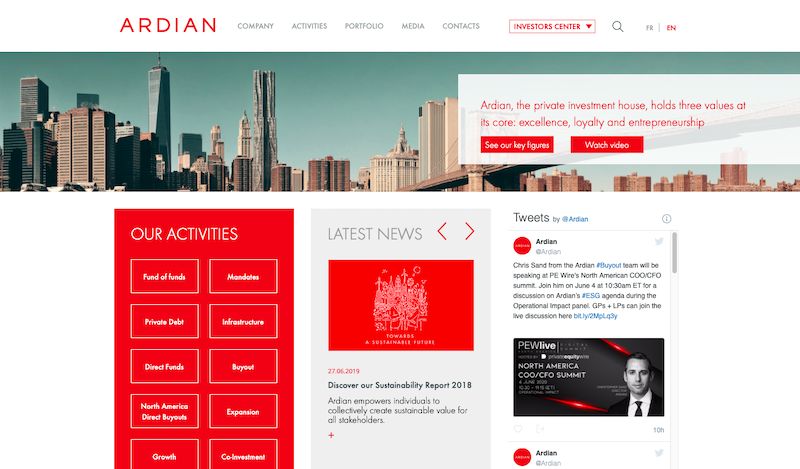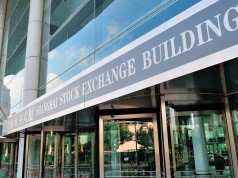Do You Need to Assess the Risks of Financial Product Failures?
As an advisor or Wealth Specialist, do you need to assess the risks of product failures? Is that your job to do so?
- 7 Important Risks to Manage for Clients
- 10 Ways to Deal With a Portfolio Disaster
- Why Advisors End Up Focusing on Insurance, Estate Products, Less on Investments?
In the 1990s, the common investments are straightforward (now that we learnt): Buy insurance products for savings or protection or buy stocks that boom or bust with the economy. Learn More: List of Economic Crisis Since 1900 – 2015
The List of Financial Instruments in the 1990s:
- Deposits
- Money Market Instruments
- Bonds
- Shares
- Futures, Forwards, Swaps
- Mutual Funds (Share Ownership Investment Structure)
- Insurance Products
The 1980s Insurance Liability Crisis and the Savings & Loans Crisis in United States, gave rise to a stronger financial framework and products.
The development of the Black-Scholes Model on options pricing in 1990s changed the way financial market works, but not before it self-destructed in the collapse of Long-Term Capital Management.
Post 2000 – with the enhancement of technology, economic growth and financial evolution, the product listings have expanded dramatically that now includes:
- Unit Trusts (Per Unit – Trustee Investment Structure)
- Exchange Traded Funds
- Options, Credit Default-Swaps
- Structured Products
- Hedge Funds
- Alternative Investments
Credit Default Swaps and an unprecedented leveraged on mortgages saw the collapse of Lehman Brothers – one of the oldest and largest bank in the world.
Recommended Videos:
- Bankruptcy of Lehman Brothers
- Nick Leeson bankrupt Barings Bank
- Rogue Trader
- Bernie Madoff : Scamming of America – The $50 Billion Ponzi Scheme
With the new range of products, do you need to assess if Financial Products carry risks of failure?
No. 1 You Don’t – It’s Not Your Job
It’s not your job – though not what clients and your CEO wants to hear.
Unless you are the product originator (creating the financial investment structure / product), there is no reason why you need to assess if the financial products will fail – if you are working in a big financial institution. There should be ample safeguards (people, policies and departments) in place before the products are being distributed to you (as Advisors or Wealth Specialists), in turn to clients.
If you have to assess insurance products or investment products’ risks, you would need sophisticated tools to do so. Since financial institutions earn the trust from the public, any loss of faith should cause a massive pull-out of funds from the financial institution.
This means the financial institution naturally inherit fiduciary duties to continue the building goodwill and good faith.
Plus, you wouldn’t have the tools to assess if the products will fail, or do you?
No. 2 Maybe You Should – It’s a Simple Task

Being a Financial Advisor or Wealth Specialist, you should have the basic financial skills and knowledge to know if the company (bank / financial institution) has good investment prospect, whether it will collapse tomorrow? (easily) or if the company has a good track record.
You should also be able to judge if the financial products may fail or may have a higher chance of failing.
Useful Checklists:
- Is the product driven by consumer needs or by issuer driven for growth?
- Is the product returns / risks sustainable over time?
- Is the product supported and originated by regulators, large financial institutions or market makers?
- Is there sufficient market liquidity during distressed periods?
- Is there institutional support for the product during distressed periods?
- Is the product market a single directional market product (e.g. long only)?
- Do you have access to pricing information or layered pricing information?
- Are the product creators / originators new to the organization?
- Do the product creators / originators have a credible reputation?
- Do they continuously report strong earnings while investing little in financial product safeguards and development?
- Do the product issuers have a duty or operating business to end-consumers?
- Do you trust the brand or the people running the financial institution more?
No. 3 It is Too Difficult – You Need Advanced Tools
How do you know if a Product Issuer will collapse tomorrow? The answer is – you can’t.
A financial institution is highly regulated and a collapse will cause panic and unimaginable collateral risks to relating financial institutions, economy, businesses and people. Thus, every effort would be done to the last minute to salvage the failing financial institution. No news of problems would be released, except for the few working on saving …. or not being able to save the firm.
Even for listed companies, you will only know the financial results at the end of every quarter. If there is material information that requires public disclosure, it might be too late by then.
Thus, you do really need advanced tools to determine if the financial product has failure risks.
Important Risks to Measure (Regularly):
- Global / Region / Country Economic Risks
- Issuer’s credit risks exposure
- Legal documentation Risks
- Un-intended or Ignorance Risks
- Potential Fixing or Market-Manipulation Risks
- Product Issuance Size & Exposure
- Operational Risks of Tracking the Products
Do you think you should be the one assessing the product failure risks? Should you have assess to the tools that monitor if the product failure risks are increasing?
Related Articles:
- How Do You Build a Sustainable Career as a Wealth Manager?
- How do you Develop your Career as a Wealth Manager?
- How Do You Start Advising Clients in Your New Job?
Sign Up / Register
Caproasia Users
- Manage $20 million to $3 billion of assets
- Invest $3 million to $300 million
- Advise institutions, billionaires, UHNWs & HNWs
Caproasia Platforms | 11,000 Investors & Advisors
- Caproasia.com
- Caproasia Access
- Caproasia Events
- The Financial Centre | Find Services
- Membership
- Family Office Circle
- Professional Investor Circle
- Investor Relations Network
Monthly Roundtable & Networking
Family Office Programs
The 2025 Investment Day
- March - Hong Kong
- March - Singapore
- July - Hong Kong
- July - Singapore
- Sept- Hong Kong
- Sept - Singapore
- Oct- Hong Kong
- Nov - Singapore
- Visit: The Investment Day | Register: Click here
Caproasia Summits
- The Institutional Investor Summit
- The Investment / Alternatives Summit
- The Private Wealth Summit
- The Family Office Summit
- The CEO & Entrepreneur Summit
- The Capital Markets Summit
- The ESG / Sustainable Investment Summit







































